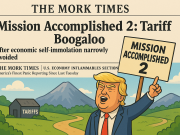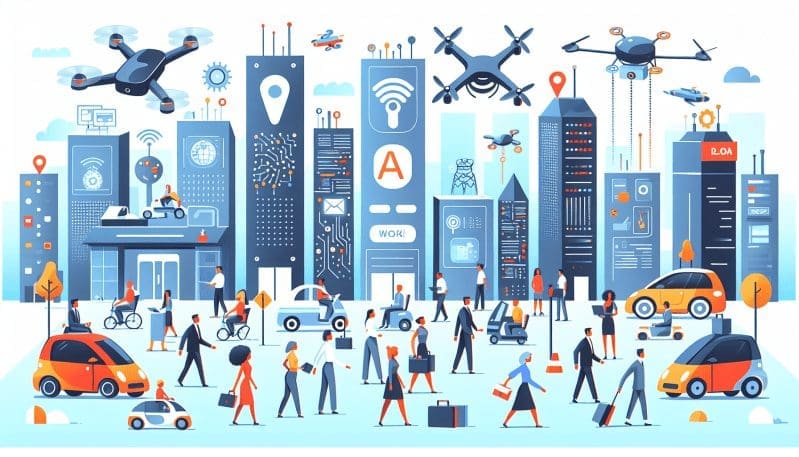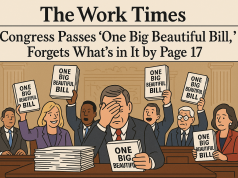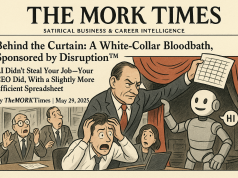In a world where technological advancements are as common as changing weather patterns, the gig economy is experiencing a seismic shift. Artificial Intelligence (AI) and automation are not just buzzwords; they are the engines propelling us into a future punctuated by efficiency and productivity. As we stand on the brink of this new era, gig workers find themselves at a crossroads – one that could redefine their roles and future prospects.
The gig economy, characterized by short-term contracts and freelance work as opposed to permanent jobs, has traditionally been seen as a flexible and independent workplace alternative. But with AI and automation, the rules of the game are changing. The implications of these technologies are far-reaching, impacting the demand for certain skills and the nature of gig work itself.
One of the key strategies for gig workers is to adapt through upskilling and reskilling. The ability to pivot and acquire new skills that are in demand in an AI-driven market is crucial. Platforms like Coursera, LinkedIn Learning, and Udemy are providing accessible pathways for learning, but the onus remains on the individual to proactively engage with these opportunities.
Moreover, platforms that facilitate gig work are also evolving. Companies are increasingly integrating AI to match freelancers with gigs more efficiently, optimize project management, and streamline payment processes. This not only enhances the experience for gig workers but also provides them with data-driven insights to improve their marketability and income potential.
However, the burden of transitioning to this new technological paradigm should not lie on gig workers alone. Policy makers have a pivotal role to play in creating a supportive environment. This includes ensuring access to affordable education and training programs, providing safety nets for those between gigs, and legislating to protect gig workers in an economy where the only constant is change.
As we confront the challenges, it’s essential to also illuminate the opportunities. AI and automation are heralding a new wave of job creation in areas such as machine learning, data analysis, and tech support. The increased efficiency can lead to more gigs becoming available, as businesses can operate more effectively and at lower costs.
The future of work is not a dystopian landscape where machines usurp all human roles; rather, it’s a canvas that’s being reimagined. In this reimagining, gig workers hold a vital brushstroke. By embracing innovation and proactively shaping their skills, they can secure their place in an automated economy. The message is clear: the rise of AI and automation is not a wave to be weathered but a tide to ride to new horizons of work, worker empowerment, and workplace evolution.
Gig Flex Club is committed to being a part of this journey, providing insights, support, and advocacy for the gig workforce. Together, we can navigate the complexities and unlock the potential that the future of work holds.




























